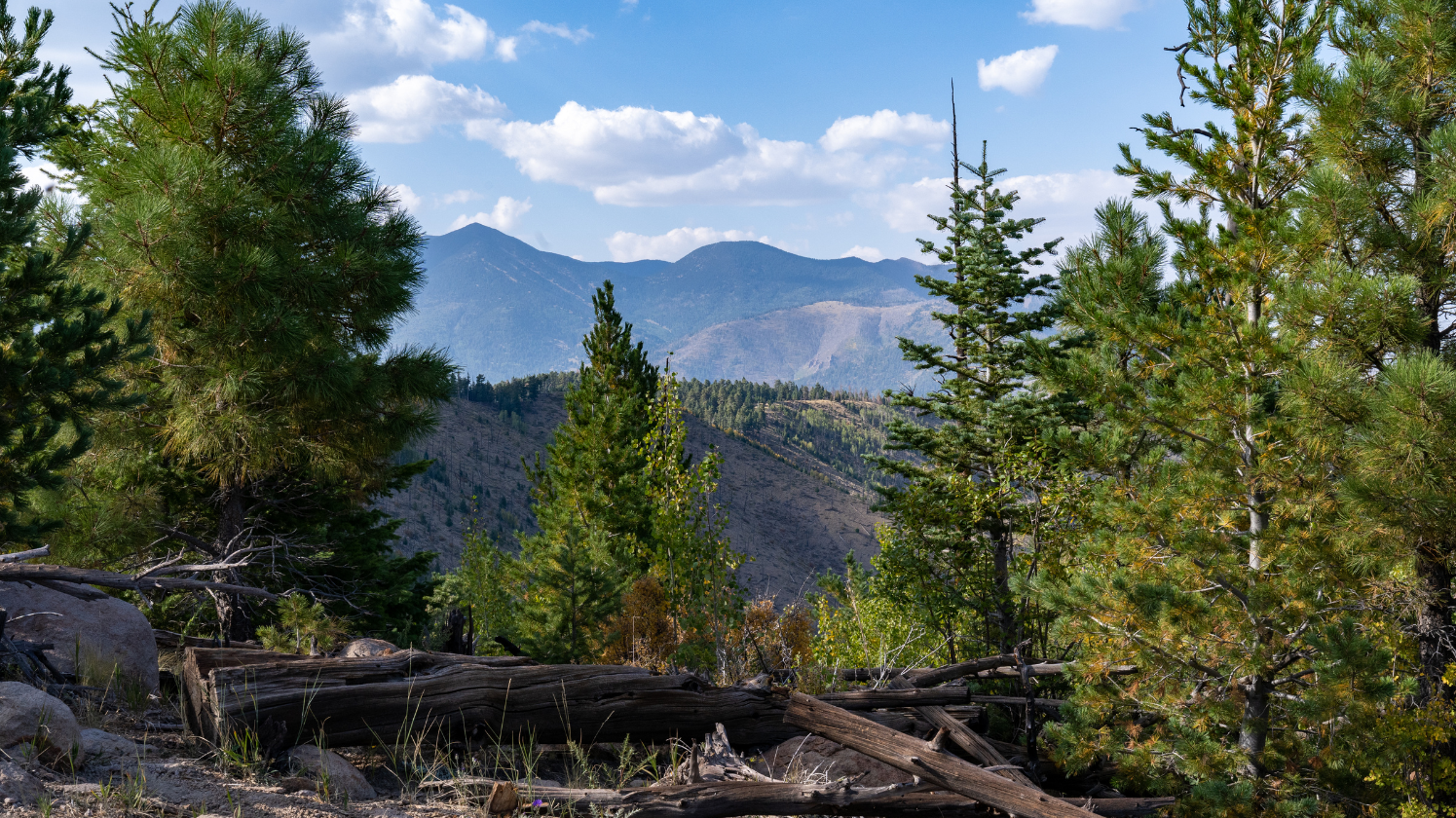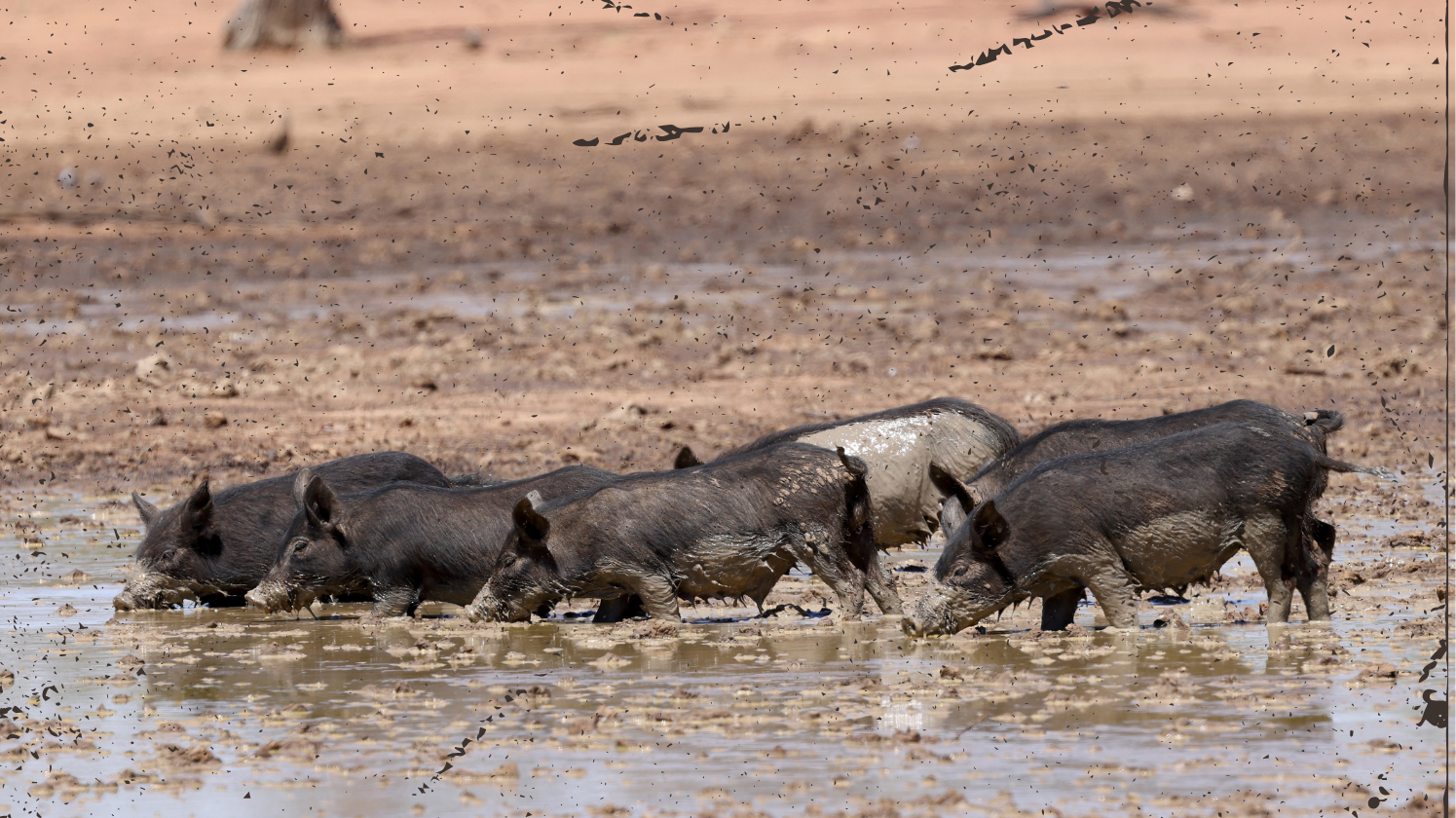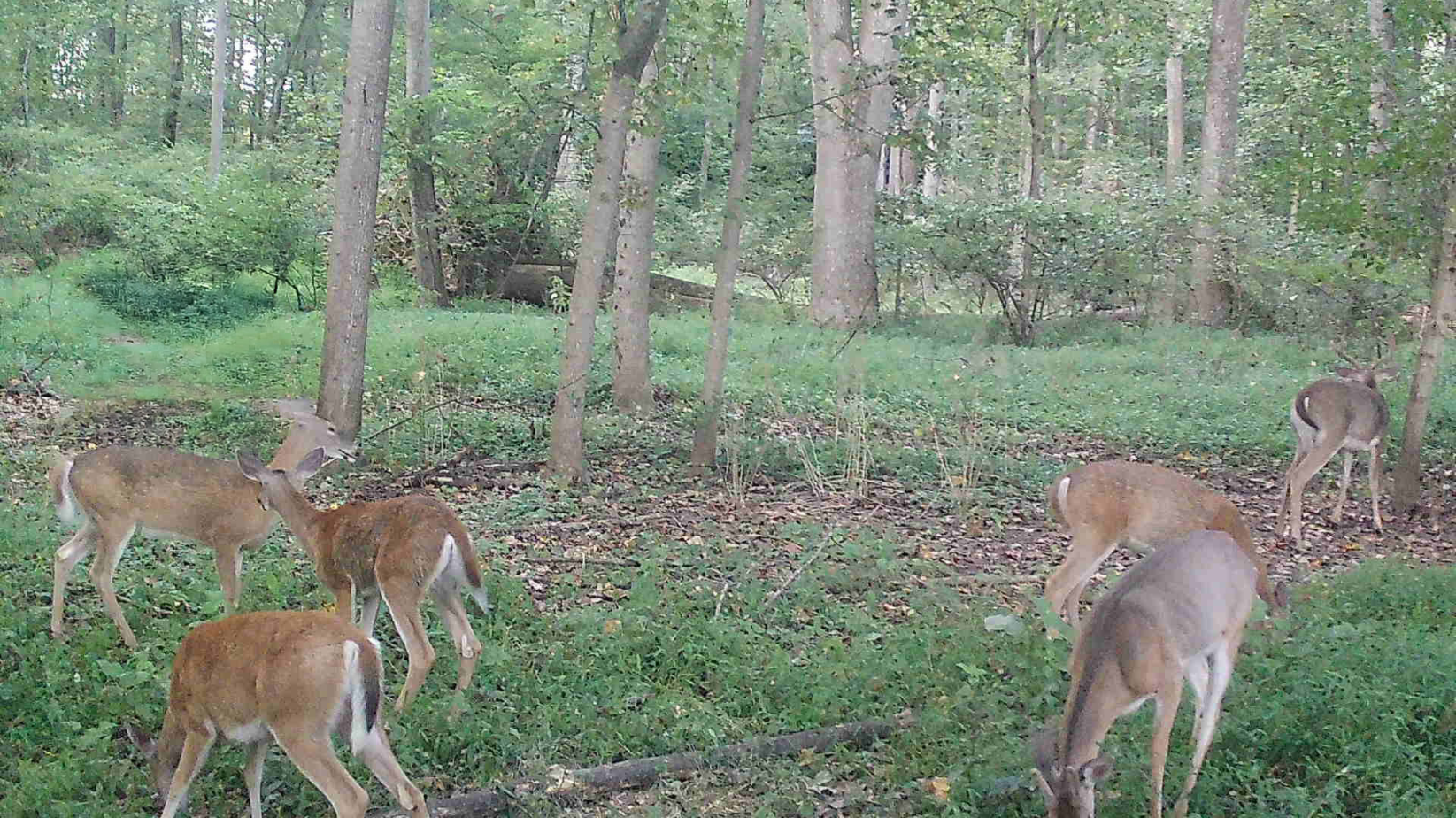5 Studies That Prove Time Outdoors Is Good for the Soul

We do not need a study to tell us what we already know deep down. Something happens out there in the woods, by the river, or in a tree stand at sunrise. It is healing. It is grounding. It reminds us who we are—and it shows the real benefits of spending time in nature.
Science has finally caught up with what outdoorsmen have long believed. Spending time in nature is not just a hobby. It is essential to our well-being.
Whether you are casting flies on a backcountry stream, glassing a distant ridge, or sitting in a deer blind with your thermos and thoughts, the evidence is clear. Nature, especially the kind that requires stillness, patience, and presence, can help us live better, longer, and more meaningful lives.
Here are five research-backed reasons to keep heading outdoors, with rod or rifle in hand.
1. Nature Improves Mental Health and Reduces Depression
A study from Stanford University found that walking in nature, even a simple stroll, reduced rumination, a key symptom of depression. Participants who walked in green spaces showed decreased activity in the brain’s subgenual prefrontal cortex, which is linked to mental illness.
Now think about the effect of being in the woods for hours, immersed in a rhythm of tracking or casting. That is more than a walk. That is therapy in boots.
Key takeaway: Time in wild places helps quiet the mind. It is not escapism. It is medicine.
2. Outdoor Activity Sharpens Focus and Boosts Brain Function

Research published in Psychological Science revealed that spending time in natural environments improves memory and cognitive function by as much as 20 percent. The study had participants walk through either an urban area or a natural one, and those who walked in nature scored significantly higher on memory tests afterward.
Outdoorsmen have known this for years. To track an animal or read the flow of a trout stream requires acute awareness. You are not just present. You are alive in a way that sharpens your senses and tunes out the static of modern life.
Key takeaway: Hunting and fishing are not distractions. They are brain training.
3. Time in Nature Lowers Cortisol and Blood Pressure
Research on forest bathing in Japan found that people who spent time in the woods had lower cortisol levels, reduced heart rates, and decreased blood pressure compared to those in urban settings. Even short bursts of time outdoors helped.
The next time someone tells you that heading out for a weekend hunt is selfish, remind them that you are lowering your stress hormones. Nature is good for your head and your heart.
Key takeaway: Time in nature is a natural stress reliever. Your heart and your doctor will thank you.
4. Outdoor Experiences Build a Stronger Sense of Purpose

According to research published in 2020, people who spend more time in natural environments report a greater sense of life satisfaction and purpose. Being in nature, particularly in a setting that fosters awe, gratitude, and reflection, contributes to a deeper sense of meaning.
For hunters and anglers, that makes perfect sense. We do not chase deer or trout for sport alone. We do it to connect with something timeless. The rituals, the quiet, and the patience make us feel part of something bigger than ourselves.
Key takeaway: Hunting and fishing are not just pastimes. They give us purpose.
5. Social Bonding and Mentorship Flourish Outdoors

A study from the University of Illinois showed that time in nature improves social bonding and helps form stronger community ties. The researchers found that green spaces encouraged face-to-face interaction and decreased feelings of isolation. This effect was especially strong for men.
That is no surprise to anyone who has swapped stories around a campfire or taught a young hunter how to pattern a shotgun. The outdoors builds bridges between generations. It creates space for real talk, quiet mentorship, and the kind of bonding you cannot fake on a video call.
Key takeaway: Outdoor traditions keep us connected to each other and to something older than us all.
The Takeaway: This Is Not Just a Hobby
There is a reason we go back, season after season. The early morning drives. The gear laid out the night before. The silence of first light. It is not just about filling a tag or landing a fish. It is about remembering who we are.
Science now tells us that what we have always known in our bones is true. The wild is good for us, physically, mentally, and spiritually. In a world of glowing screens, constant noise, and artificial everything, the outdoors remains one of the last real things.
So keep going out there. Hunt. Fish. Camp. Teach someone younger. Pass it on. You are not escaping. You are returning.
Bonus: The Benefits of Spending Time in Nature. Your Next Excuse to Get Outside
If you needed one more reason to grab your rod or rifle this weekend, now you have five backed by research. Let the world hustle. You have a stream to wade, a stand to climb, and a tradition to uphold.
For more stories and research-backed insights, visit the JBicklesbee News page and subscribe to our newsletter.



